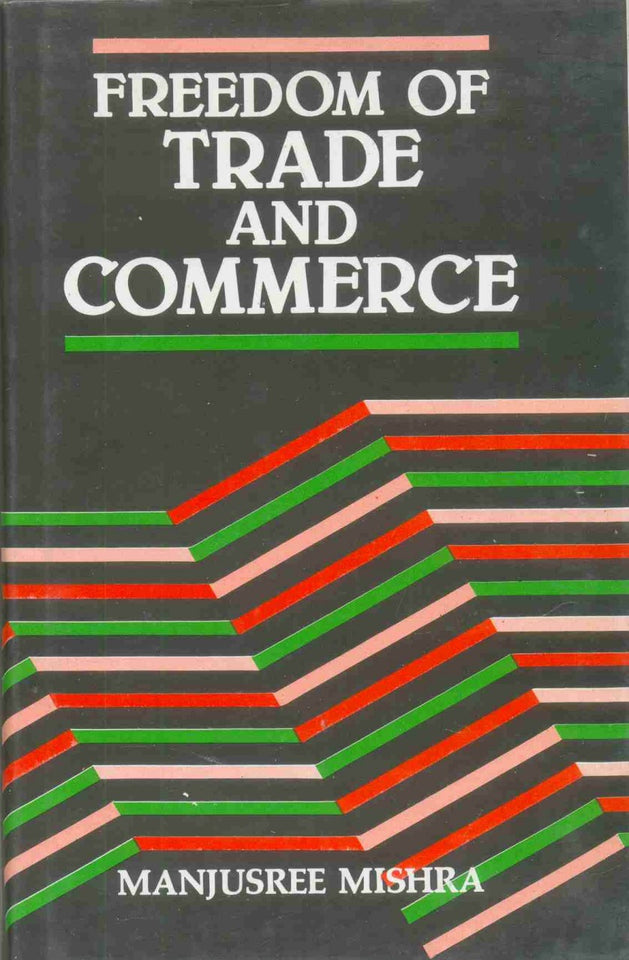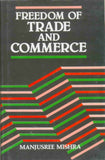Freedom Of Trade And Commerce And Taxation In India
Regular price
Rs. 495.00
After independence, when makers of the Constitution of India adopted a federal system for the nation, component units of Indian federation varied widely in terms of their economic resources. In such a state of affairs, if an individual State had been allowed to put itself in economic isolation while dealing with other States, it might have jeopardised the economic unity of the country as well. Therefore, provisions guaranteeing freedom of trade, commerce and intercourse were especially incorporated into the Constitution of India. Since the introduction of the Constitution of India, the necessity of clarifying the concept of `freedom' in the interpretation of Article 301 has been the main focus of judicial opinion and academic exercise of jurists and scholars. Atiabari case has settled that tax laws are not outside the domain of Part XIII of the Constitution. The resultant effect was that the States could not exercise their legitimate taxing powers until and unless they took prior assent of the Central Executive as required by the proviso to Article 304(b). Apex Court of India added a precise and comprehensive clarification to the above text after only a year, in Automobile Transport Case. The clarification was that regulatory laws and compensatory taxes are outside the purview of Article 301. The opened the floodgates of litigation and the taxing power of the State expressly granted under the Constitution was reduced to the power of levying a fee. The present position of law on the subject is still not clear. Perhaps to save the States from this humiliating position an eminent jurist had gone to the extent of suggesting the repeal of Part XIII of the Constitution. The observations made by the learned judges of the Supreme Court and distinguished jurists still raise many Constitutional questions. In the present book an endeavour has been made by the Author to examine the relevant provisions of Part XIII in the light of judgements of Supreme Court of India on controversies relating to freedom of trade and commerce vis-a-vis taxing power, to explore some understandable solutions to the problems raised time to time, and thereby to contribute something concrete and more comprehensive to the related issues in the field of trade, commerce and intercourse.
Guaranteed Safe Checkout





